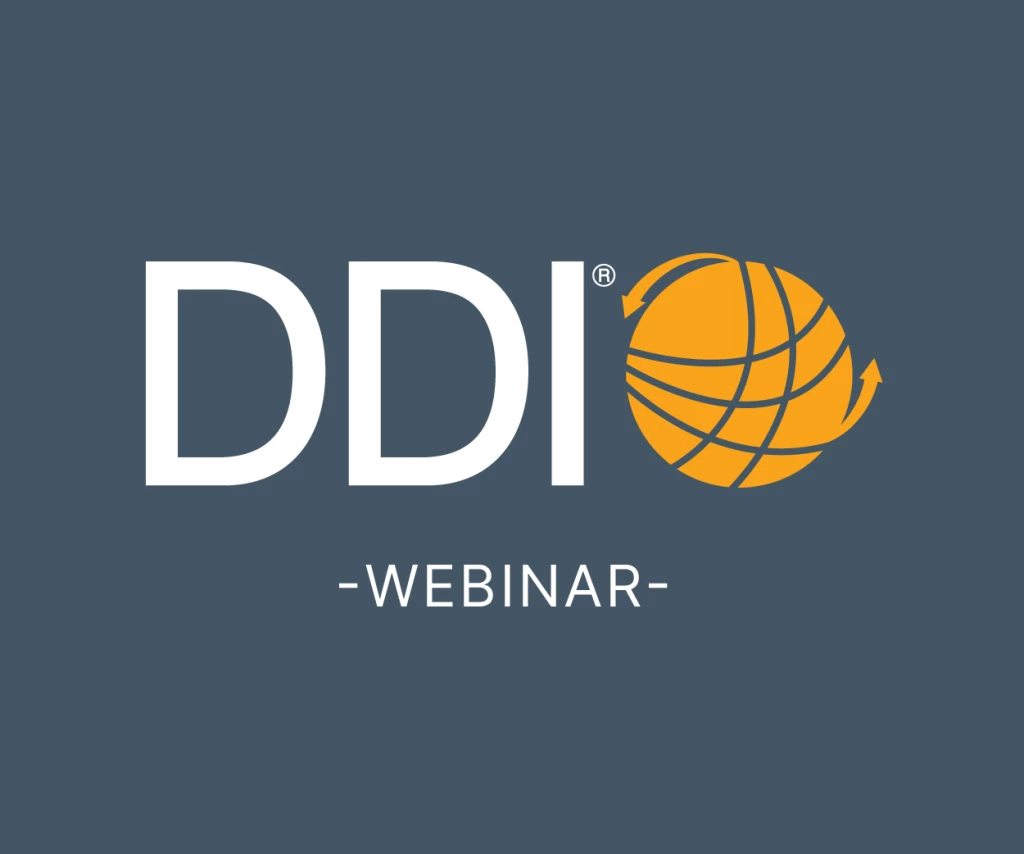
The Cost of High Achievement and Perfection
The world values productivity. And in response, we power through.
We check our phones every three minutes. We tune out our kids, friends, and partners because thoughts of work won’t leave our brains.
We run from one meeting to another to another. We don’t take lunch. We work nights and weekends. We wake up in the middle of the night thinking about work and lose hours of valuable sleep.
And this is all made even worse now that so many of us work from home and don’t have natural boundaries around our work lives. Sound familiar?
Upside: Big jobs, big promotions, big paychecks.
Downside: This single-minded focus on achievement is sometimes at odds with what our bodies and hearts need and want. And when we’re out of integrity and alignment with ourselves, it comes at a cost. A steep one.
This drive for high achievement and perfection can cost us our joy. Our awareness of the present moment. Our mental health and wellbeing. And our physical health.
A Timely Example
I started my company 20 years ago. After years of successful work and striving, I found myself in my doctor’s office. I didn’t consciously realize I was approaching burnout. I just knew I was getting absolutely no joy out of the work that once felt very fulfilling.
I made a doctor’s appointment because I was experiencing regular insomnia and heart palpitations that scared me. On top of that, I was irritable and emotionally exhausted. When I saw my doctor, she diagnosed me within moments. “You’re stressed out,” she said.
“Stressed?” I scoffed. What did she know? I wasn’t stressed. I was an extremely capable woman. I had grit. And stamina. And smarts. I wasn’t stressed!
“Look where you’re breathing.” She pointed to my collarbones. “You’re breathing way up at the top of your chest. You’re basically panting and not getting the oxygen you need. That’s what happens when people are under chronic stress.”
I wish I could say her observation reached me, but it didn’t. I decided she didn’t know what she was talking about. Several years went by and I continued my high-intensity, high-achieving approach until a moment on a treadmill scared me awake.
My heartfelt like it flipped and twisted in my chest and pain shot across the front of my ribs. A cold sweat broke out over my entire body and I thought I might faint.
I managed to get myself off the treadmill to a spot where I could sit down for a while. This time, when the cardiologist said, “You’re stressed,” I listened. And I embarked on a journey of recovery that helped me bring joy back into my job.
Powerful Practices to Combat Chronic Stress
In the coming weeks, I want to share with you the most powerful practices I've found. Let’s start here:
Get back in your body.
Our bodies are wise and sensitive instruments. But so few of us are taught embodied techniques that can help us listen to their wisdom.
And when we’re running 10,000 miles an hour in a high-pressure environment, we’re sprinting from one thing to the next with our consciousness firmly centered in our heads. We don’t pay attention to our bodies at all.
When I slowed down long enough to start listening, I realized my body talked to me in all sorts of ways. I started to see the body language I expressed when I said something I thought would please someone else.
I started to notice how my body felt when I did something to achieve some kind of external reward or validation that was out of alignment with my own gut instincts.
I felt the tension in my body that came from overworking. This discovery was life-changing.
Listening to our bodies only takes seconds.
The number one thing I hear from my coaching clients and from the people who experience the Heartwood Self-Mastery programs is this: I don’t have time to slow down.
Friends: Listening to our bodies only takes seconds.
Try this: The next time you have a decision to make, slow the train down for just 60 seconds by taking 5 deep breaths.
- Breathe consciously. Breathe in with a count of three and out with a count of six. This tells your nervous system to send a message to your body and brain that you’re safe, all is well and it’s okay to relax.
- Consider the decision you need to make. Bring the options you see into your mind one at a time. Notice how your body feels with each option. Do you hold your breath or is your breathing up high in your chest? Do your shoulders tighten up? Does your back start to hurt? Do you feel light and excited?
This kind of inner attention is called interoceptive awareness and the more you practice using your senses to listen inside your body, the more adept you'll get at discerning your body’s messages.
And the more connected you are to your body at work, the more it will open the pathway to creating more joy in your job (and life).
Keep Reading: Check out Parts II and III of this series.




























